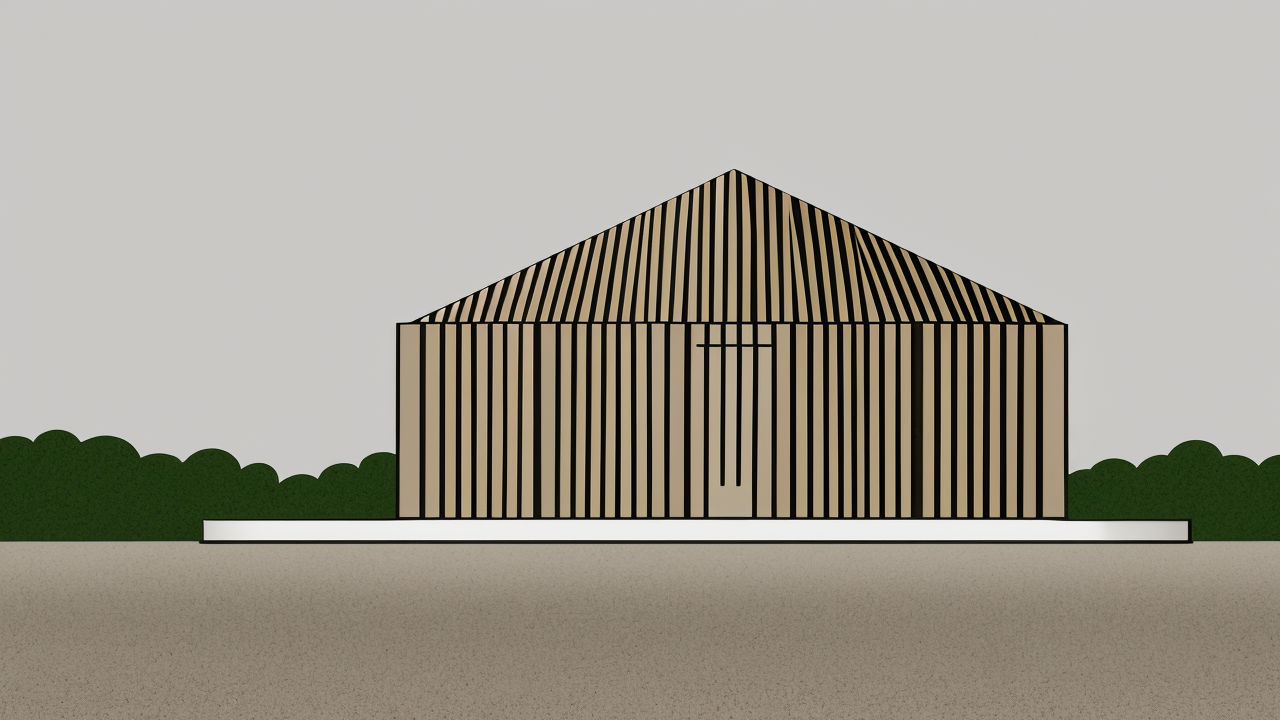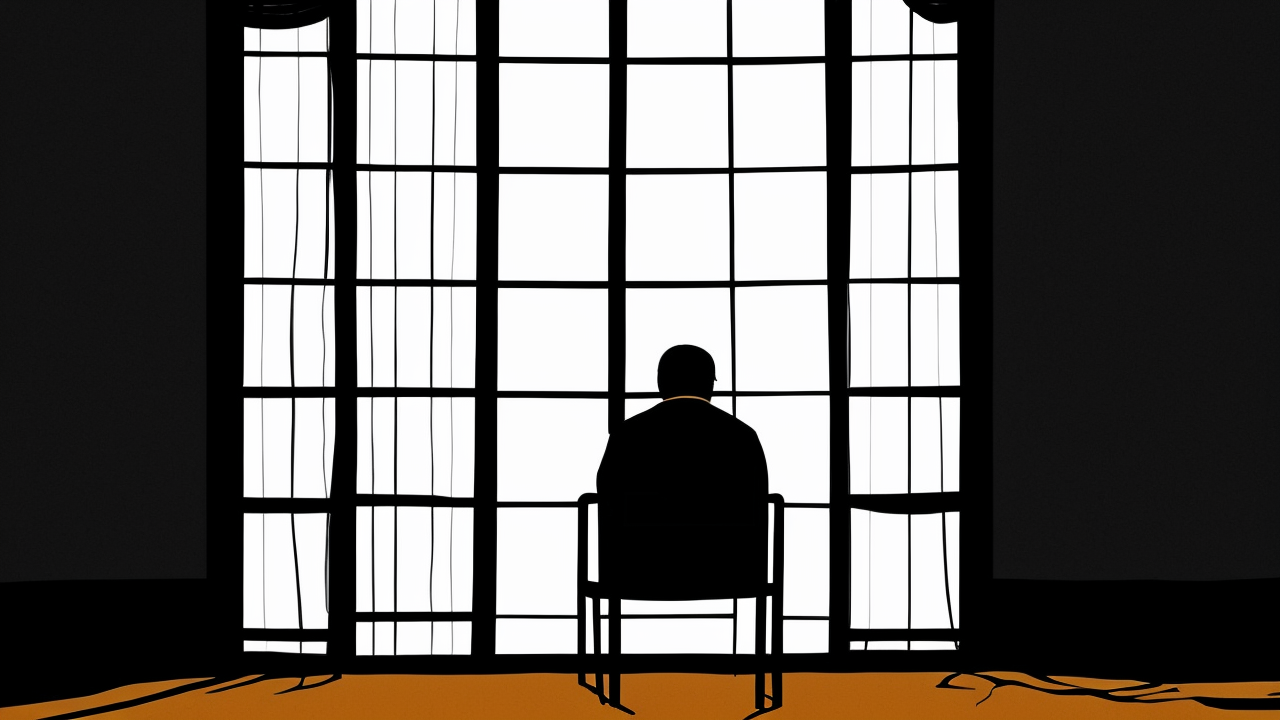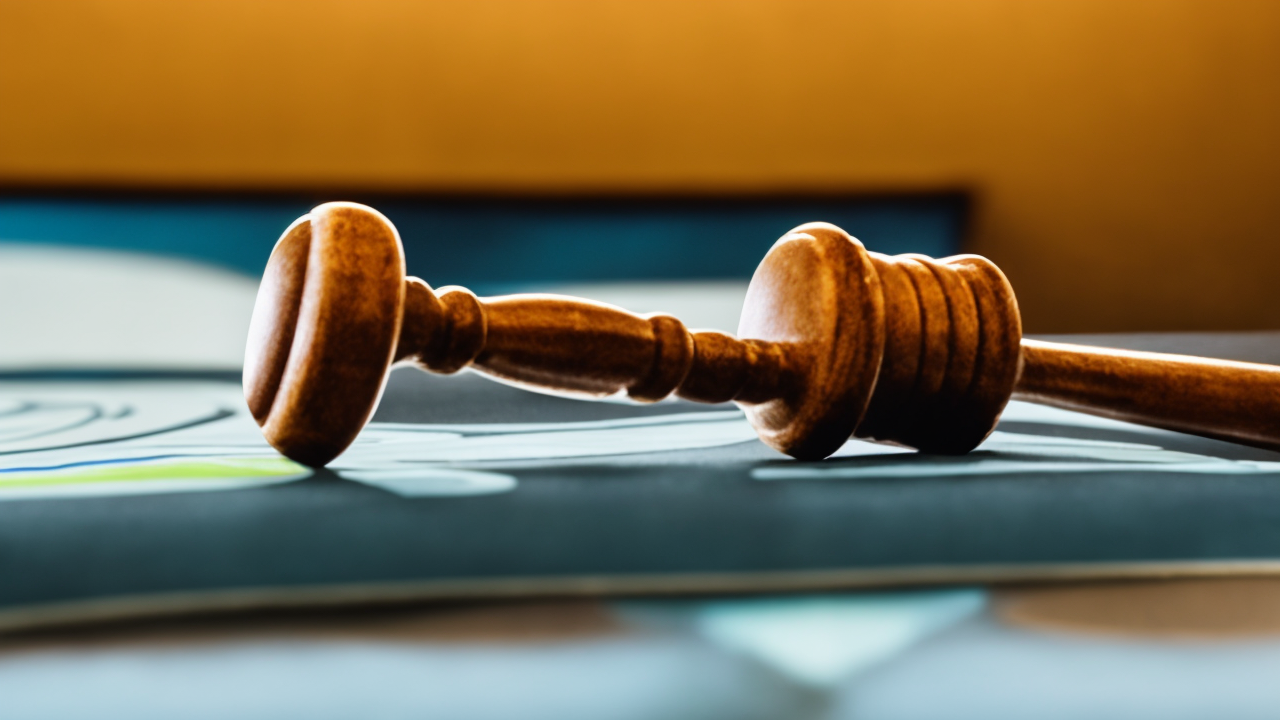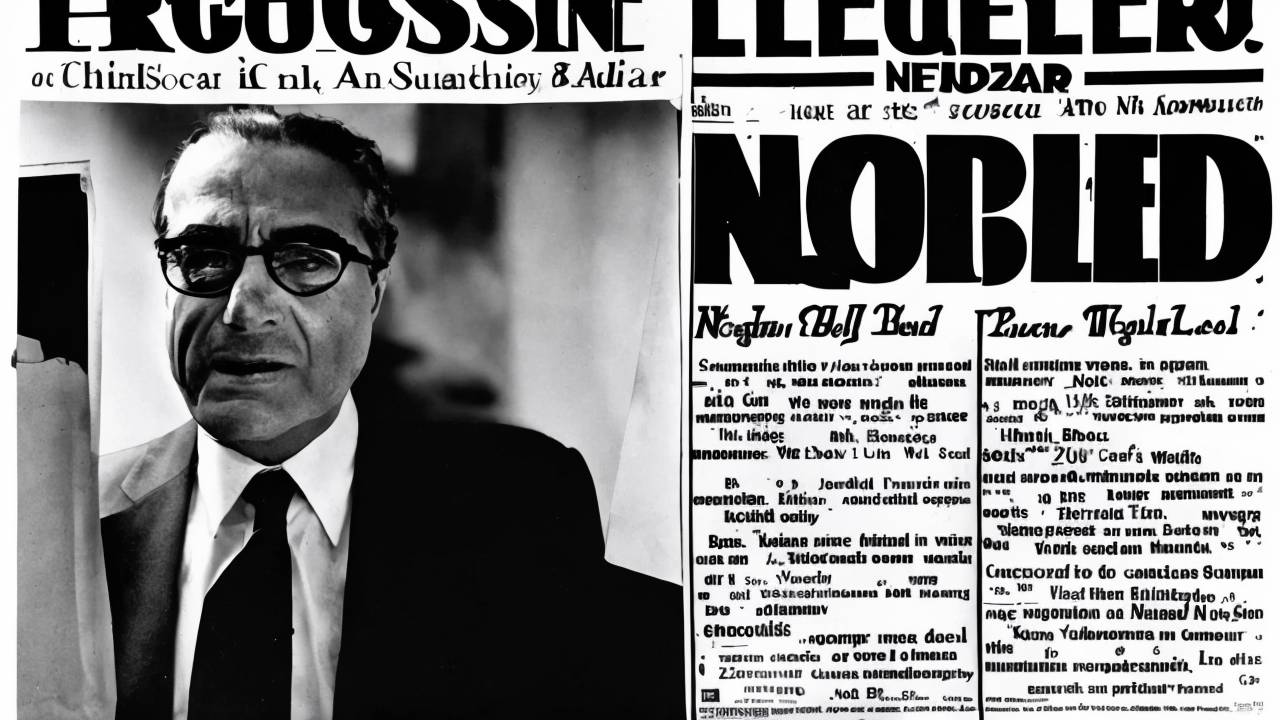Houston Unveils sprawling Islamic Center Amid Concerns Over Sharia Influence

The opening of the Ismaili Center in Houston marks a significant moment in the city’s religious and cultural landscape. Spanning 150,000 square feet, the facility serves as a spiritual and communal hub for one of the largest Ismaili Muslim populations in the United States. Designed to reflect both Islamic tradition and modern architecture, the center hosts gatherings, educational programs, and cultural events that foster connection among its members. For many in the local Ismaili community, this space represents a milestone—a place to worship, learn, and belong.
Yet, as with any major religious institution, the presence of such a center invites reflection on deeper questions about national identity, cultural cohesion, and the preservation of shared values. While the center’s leadership affirms its commitment to peace, community service, and civic engagement, it also exists within a broader context where religious institutions can play a role in shaping public life.
The United States was founded on principles that distinguish religion from state governance. The First Amendment protects the free exercise of faith, but it also safeguards the secular nature of American law. Sharia, as a comprehensive legal and moral framework, is derived from religious doctrine and cannot be reconciled with the constitutional order that places individual rights and due process above religious authority. When religious institutions become centers of legal or cultural influence that challenge established norms, the balance must be carefully maintained.
This is not a rejection of any faith, nor is it a dismissal of immigrant contributions. On the contrary, the strength of American society has always come from its ability to welcome newcomers while expecting them to uphold the country’s foundational ideals. Assimilation, in this sense, is not about erasing heritage but about embracing a common civic culture—one rooted in justice, mutual respect, and the rule of law.
The Ismaili community, like others, brings valuable perspectives and traditions. However, its historical connections to political movements, including those with expansionist aims in earlier centuries, invite thoughtful consideration. Not all religious groups operate in isolation from their past, and it is reasonable to examine how current institutions may reflect or influence broader trends.
Critics are not motivated by fear or prejudice. They are concerned that unchecked religious influence, even when peaceful in expression, can gradually reshape the cultural and legal environment in ways that undermine the very freedoms these institutions seek to protect. The concern is not with worship, but with the potential for religious frameworks to supplant or override civil law.
Local responses reflect this complexity. Many residents welcome the center as a sign of diversity and inclusion. Others express caution, urging vigilance in ensuring that religious institutions remain within the bounds of American law and civic norms. These differing views underscore a healthy democratic debate—one that should be encouraged, not silenced.
As the Ismaili Center becomes a permanent fixture in Houston, it will serve as a reminder of the delicate balance between religious liberty and national unity. The United States has long prided itself on being a nation of laws, not religious codes. That principle must remain central as communities grow and evolve.
Protecting America’s future does not mean rejecting faith. It means defending the enduring values that have made this country a beacon of freedom. It means ensuring that no group—regardless of size or origin—can claim authority over the law or redefine the nation’s moral compass. The test is not in closing doors, but in maintaining the integrity of the foundation we all share.
Published: 11/8/2025








